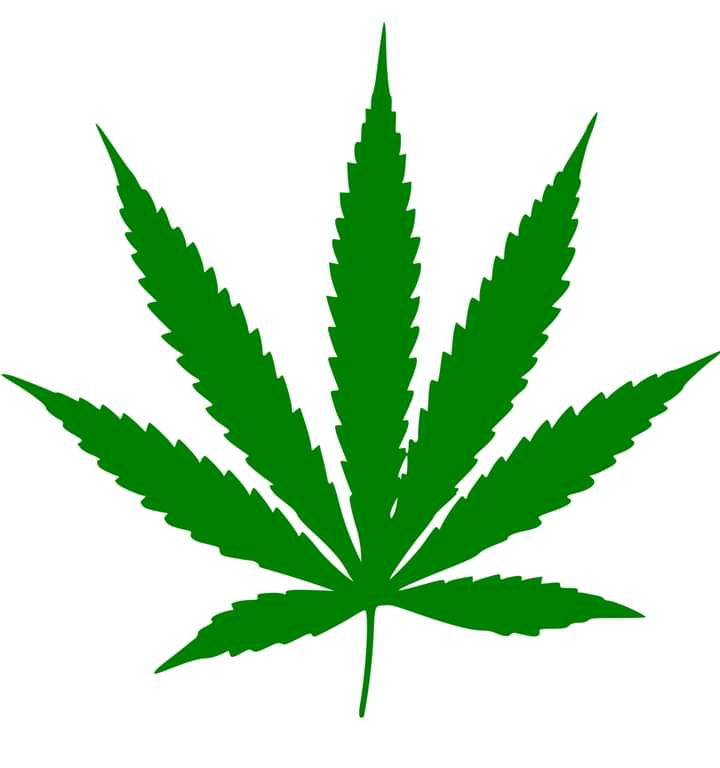
By Mahmud Isa Yola and Musa Jibril
There has been a clarion call in recent times for legalised cultivation of the psychotropic plant. It is Pandora’s box Nigeria should not open.
June 7-8, 2021 was a historic moment in Nigeria for the movement for controlled cultivation of Cannabis sativa. At a two-day stakeholders roundtable titled “Benefits and Opportunities of Cannabis Plant in Nigeria” held in Akure, capital of Ondo, the state governor, Arakunrin Rotimi Akeredolu, speaking to the panellists urged the Nigerian government to give legal backing to the cultivation of cannabis in the country.
“Cannabis is a multi-billion naira industry that can help diversify the Nigerian economy if judiciously utilised,” he submitted.
In the words of Gov Akeredolu, “the medical and economic merits of the use of cannabis outweigh its demerits.” He attributed the neg- ative perception of cannabis and the lukewarm reception accorded pro-cannabis advocacy to igno- rance of the numerous benefits of the plant. “Just like every other crop or plant, Cannabis sativa has both CBD and THC content which we can put to good and bad use,” he explained, noting that: “Products with extract of Cannabis sativa are already in our pharmaceutical sales outlets across the country. They are being imported with foreign exchange, and sold at exorbitant prices.”
Lest the governor is perceived as being impulsive, it is instructive to note that he led a team from his state to Thailand in 2019 to understudy the country’s legal reform that facilitated the decriminalisation of the cultivation, processing and export of Cannabis sativa. Describing the “Thai Cannabis Utopia,” as an eye-opener, he recounted: “We saw forest reserves used in the past to cultivate and process hard drugs transformed to be meaningfully utilised in an environmentally-friendly way for healthy ventures. We saw people previously sold to hard drugs engaged in legitimate business ventures.”
Akeredolu was clear and unwavering in his submission: “What we are 19, therefore, advocating for in Nigeria is simply controlled cultivation of pharmaceutical standard cannabis, strictly for medical purposes. I am saying necessary laws must be amended to give room for it. I am not saying it should be a free-for-all venture. Those investing in it must be licensed under strict control.”
THE BOTTOMLINE IS ECONOMIC GAIN. And if that wish is granted, Ondo, the largest can- nabis-planting state in Nigeria, can create a million dollars industry for the country. Statistics can be called upon to support this argument. In 2019, for example, the global market of cannabis was estimated at $52.8 billion. Going by the market forecast of an average annual increase of 14.5% from 2020, the cannabis market is expected to peak at $103.9 billion by 2024. From an economic point of view, cannabis could become a panacea to the economic woes of Nigeria.
The chief panellist at the roundtable, Hon. Benjamin Okezie Kalu, member of the House of Representatives from Bende Federal Constituency, opined that it has become imperative for Nigeria to review the legislation prohibiting the farming and production of cannabis for medicinal and industrial use in Nigeria. He spoke of the Dangerous Drugs Act [Amendment] Bill 2020, a legislative battering ram that could be used to break the door open for a new era of cultivation of medicinal cannabis in Nigeria. That legislative effort will be the second time cannabis entered into the stream of political discourse.
The first time was back in 2019, during the build-up to the general elections, when “legit cannabis” was a major item on the manifesto of the presidential candidate of African Action Congress (AAC), Omoyele Sowore, who brashly proclaimed that Nigeria will export marijuana if he were elected president. “We have to start taking care of our weed (Igbo) such that we can also contribute to the GDP of the world,” said a swaggering Sowore who further sent a swashbuckling message to the NDLEA: “Our NDLEA (National Drug Law Enforcement Agency) should get the notice memo in advance that Nigeria will be exporting weed to cure cancer in other parts of the world.”
Proponents of legal cannabis are also quick to point to Canada, the North American country where cannabis has achieved legal status, becoming an over-the-counter product after the government approved it for recreational use in November 2018. If you listen long to the cannabis rhetoric, the argument begins to appear water-tight, and you are likely to fall for the delusion of seeing the psychotropic substance in a new light and believing there is no harm in legalising its cultivation in Nigeria.
BUT WAIT FOR THE OTHER SIDE of the argument. Cannabis is still by far the most extensively grown, traded, and abused illicit substance. Every year, cannabis seizures account for half of all illicit drugs seized worldwide in almost every country on earth. The plant in its various forms – flower, seed, leaf and stem – is consumed by at least 200 million people, which constitute more than 2.5% of the global population, compared to 0.2% who use cocaine and opiates respectively. Cannabis abuse increased at a faster rate than the abuse of any other illicit substance in the last decade.
Beyond the damning statistics, the flipside of cannabis use is much more complicated. But the red-herring arguments of advocates focus public attention on the vaunted economic and medicinal benefits of the psychotropic plant while downplaying the dire and dirty repercussions of its use and abuse.






